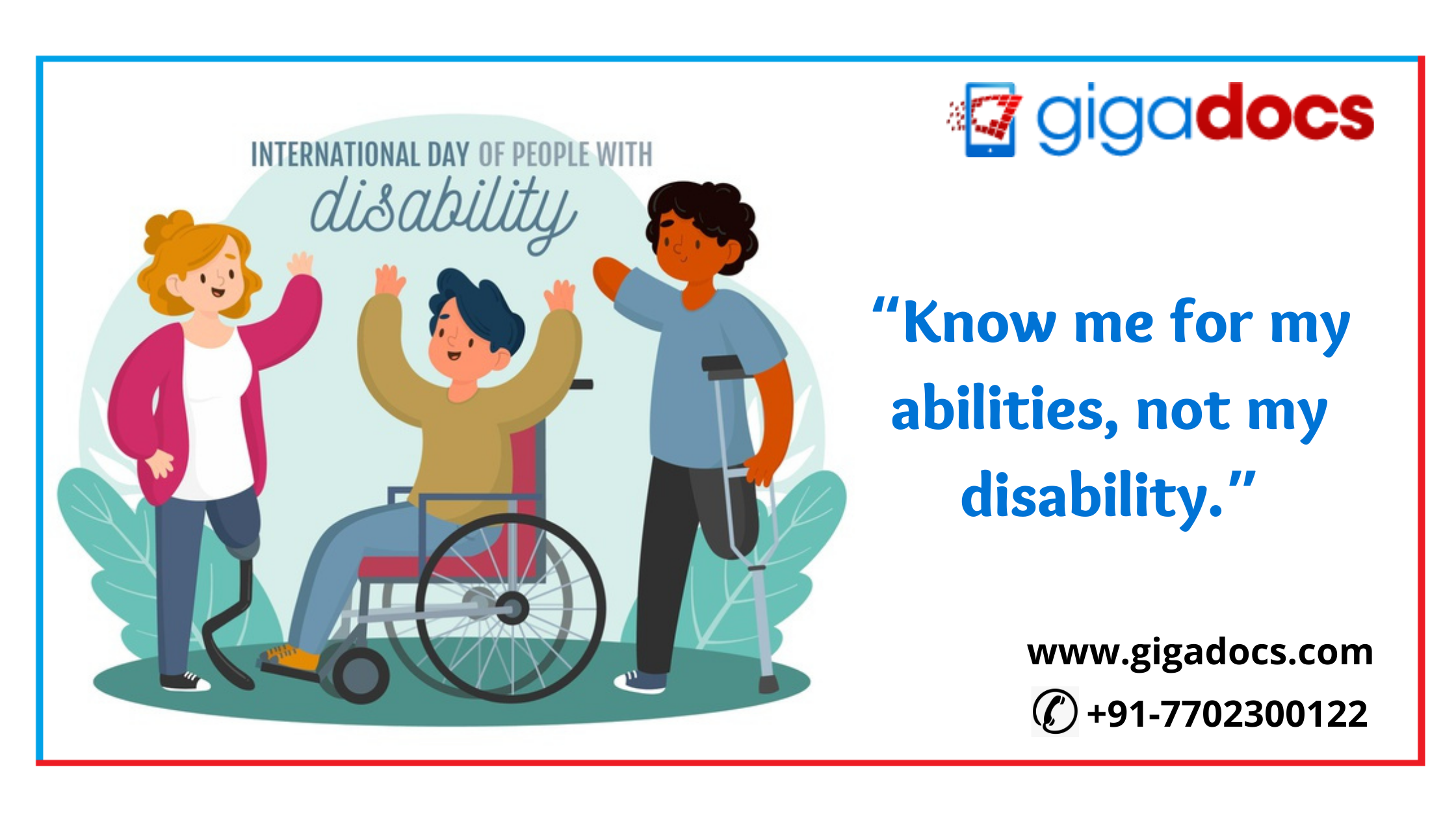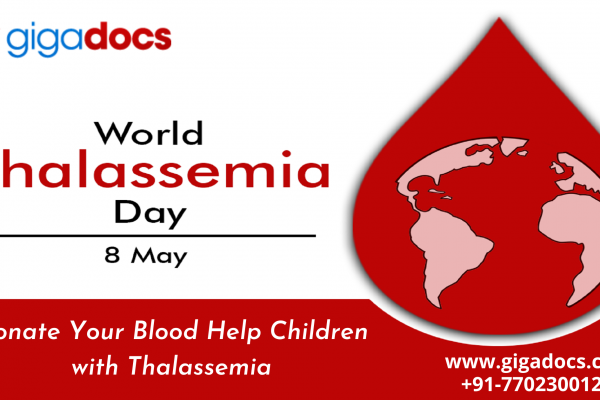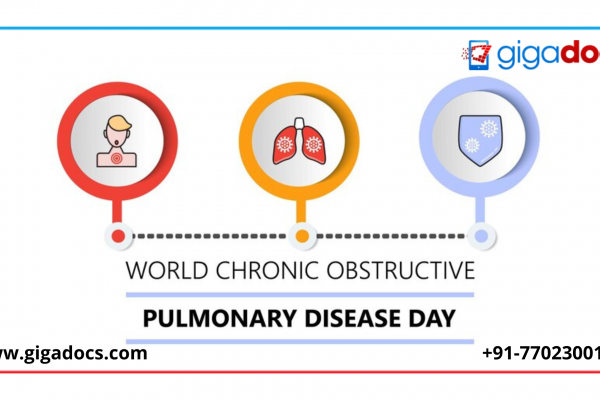Disability affects one in seven people worldwide. About 15% of the world’s population is a victim of disability which includes more than 90 million children and over 700 million adults.
A global public health and human rights concern, disabled people are one of the most discriminated, who often experience violence, insufficient food availability, unemployment, and healthcare denial. Disability is more common in lower-income countries and has shown an alarming increase in numbers due to a global surge in chronic health conditions. Covid-19 pandemic has further worsened the situation and exposed disabled people with three times more increased risks of contracting the pandemic, besides developing severe symptoms and untimely death.
While most of the healthcare systems are not well equipped to handle people with disabilities, it will impact almost everyone either temporarily or permanently at some point in life. Furthermore, disabled people are four times more likely to be treated badly and face worse working conditions than people without disabilities.
United Nation’s International Day of Persons with Disabilities
To mark the growing understanding that disability is an integral component of human existence, the United Nations annually observes 3rd. December as World Disability Day, or the International Day of Persons with Disabilities (IDPD).
This year, the United Nations has partnered with the World Health Organisation (WHO), for responding to the urgent calls for inclusive healthcare for the disabled.
Different types of disabilities can affect ones thinking, learning, hearing, movement, memory, vision, communication, and mental health. Even if two people have the same type of disability, the extent of their disability would vary with demographic region, age group, and ethnicity. Here are the different types of disabilities that may affect people across ethnicity and geographies-
| Types of Disabilities | ||
| Disability | Areas Affected | |
| Progressive Conditions that Grow with Age | Multiple sclerosis (MS) | Disabling disease of the brain and the spinal cord (central nervous system). |
| Muscular dystrophies | Muscular disorders (Progressive weakening of the muscles) | |
| Arthritis | Swelling of the Joints | |
| Non-Progressive Stable Disabilities | Cerebral Palsy | Neurological Damage from Trauma |
| Cerebral Palsy | Spina Bifida – Congenital Malformation of Spinal Cord | |
| Non-Progressive Fluctuating Disabilities | Fibromyalgia | Chronic Musculoskeletal Pain |
Visual Impairment
Only 10% of people who have a visual disability are blind. The other 90% have a visual impairment, which can be progressive blindness, caused by diabetes or retinitis pigmentosa and macular degeneration (blurred central vision).
Visual impairment is the vision loss from a congenital disease, trauma or degenerative conditions. While, visually impaired individuals don’t respond to refractive corrective lenses, medication, or surgery, legally blind persons who have 10% or less of normal vision, respond otherwise.
Somatosensory Impairment
The physical sensations arising from the epidermis enable us to feel and localize touch, perceive temperature changes, and identify objects through touch. Somatosensory impairment which can occur anywhere in the body refers to an individual’s inability to process the input received from the sensory receptors in the epidermis.
Balance Disorders
A balance disorder may make a person feel unsteady while standing or walking. Those who have a balance disorder experience woozy, giddy, spinning, or floating.
Intellectual Disability
Intellectual disabilities are disorders that affect the ability to understand processed information. Commonly known as cognitive disabilities and mental retardation, intellectual disability can impact any age group. It may impose limitations on a person’s ability to walk, talk, and take care of themselves. Few of the intellectually disabled people may require assistance with dressing and food intake. As they grow older, intellectually disabled individuals may even find it difficult in adapting to social situations.
Mental Health and Emotional Disabilities
A mental illness, or psychological disorder, imposes subjective distress that may reflect in a person’s behavior. Though mental disorders have existed for hundreds of years; the modern medical establishment has only recently started to define its causes, symptoms, and effects. The most common types of mental disorders include eating, obsessive, addictive, anxiety, psychotic, mood, and personality disorders, as listed below-
- Schizophrenia – Considered one of the most serious mental illnesses, schizophrenia affects over one million people in India alone.
- Eating Disorders – Eating disorders most commonly affects men and women below the age of 30, and include anorexia nervosa and bulimia.
- Personality Disorders – Personality disorders can be Borderline personality disorder (BPD), Histrionic personality disorder, and Narcissistic personality disorder. They are the commonly observed mental health conditions characterized by unhealthy patterns of thinking, feeling, and behavior.
- Mood Disorders (Depression and Manic Depression) – Depression is associated with the elevation or lowering of one’s mood. Mood disorders can be clinical depression, persistent depressive disorder, or bipolar disorder affecting about 10% of the population worldwide.
Healthcare and Wellness with Gigadocs
Disability of the mind or body can affect anyone, which may be by birth or acquired by chronic illness or by a severe accident. Disability can cause anxiousness, panic attacks, or sleep problems among the patients, their friends, family, and caregivers.
Consulting digital doctors on the Gigadocs practice management app brings you a range of supervised healthcare solutions from the privacy of your home. Download the Gigadocs app for supervised telemedicine consultations for mental wellness, disabilities, orthopedic, dental, or seasonal cold and flu conditions.
To reach an infectious disease expert for winter cold and cough, download the Gigadocs app, and book your digital consultation. If you are a young parent, then don’t forget to check out your child’s next immunization date on the Vaccination Schedule Chart. Provided for free on the Gigadocs App, vaccination schedule chart gives the complete immunization schedule based on your child’s date of birth.
Download the Gigadocs App from-
- IOS App – apple.co/2W2iG4V
- Android App – bit.ly/33AQoRC
To know more and schedule a Virtual Consultation demo, e-mail, at info@gigadocs.com




